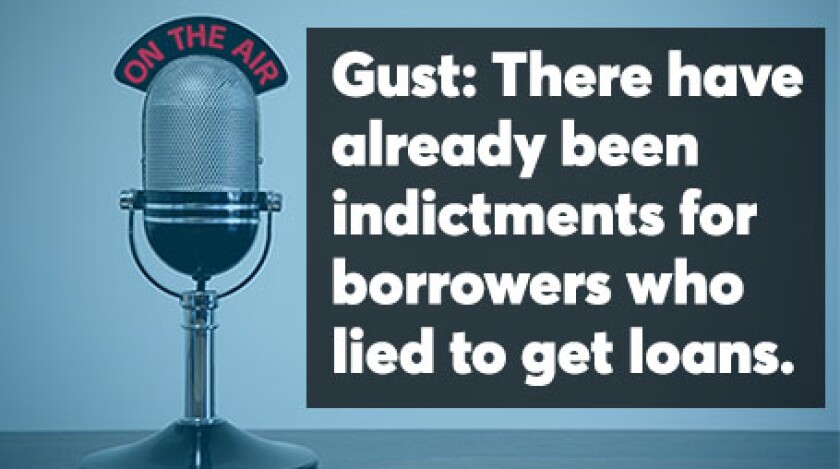The Division of Enforcement's annual report also highlights non-pandemic-related issues that arose in fiscal year 2020 and strategic operational changes.
The COVID-19 pandemic is encouraging various forms of fraud, according to the Association of Certified Fraud Examiners.
COVID-19 has created new challenges and a remote work environment that heightens the risk of fraud at public companies.
The speed and scale of the Paycheck Protection Program made it particularly susceptible to fraud, explains Juliette Gust, a forensic accountant and founder of Ethics Suite -- and that means businesses need to take steps to protect themselves.
Grant Thornton CEO Brad Preber and principal Linda Miller, who leads the firm's fraud and financial crimes practice, offer strategies to help businesses protect themselves from fraud amid the pandemic environment.
Artificial intelligence and machine learning are some examples of technology available now to help combat money launderers profiting from the pandemic.
Tokenization and buy buttons began, in part, as ways to calm the security concerns of online shoppers who were wary of moving away from plastic. They’re now becoming a way to keep a health and economic crisis from turning into a security problem as in-store checkout quickly gives way to apps and websites.
Grant Thornton CEO Brad Preber and principal Linda Miller, who leads the firm’s fraud and financial crimes practice, explain why the coronavirus pandemic and the government response to it have created unique opportunities for fraud.
The Internal Revenue Service is bracing for another epidemic -- scammers trying to get their hands on the $1,200 payments being sent out to millions of Americans to bolster the economy.
The U.K.’s growing panic about the spread of coronavirus has created an open season for fraudsters, with government agencies and cybersecurity companies reporting unprecedented levels of criminal activity since the virus began sweeping across the globe in January.
















